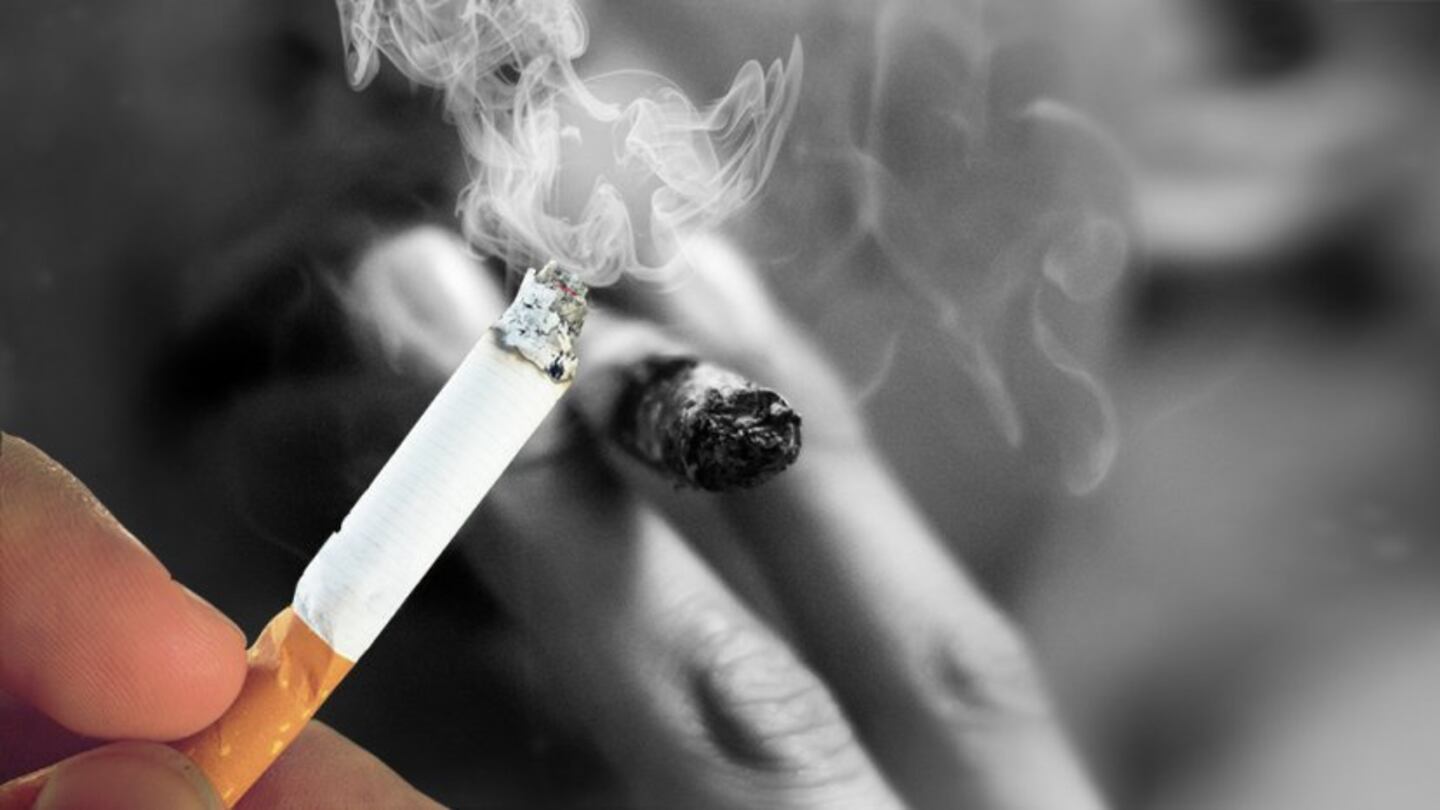Last night the government passed the third and final reading for its Smokefree Environments and Regulated Products (Smoked Tobacco) Amendment Bill, which aims to accelerate progress toward a smokefree future.
Associate Health Minister Dr Ayesha Verrall says the bill will help thousands of people live longer and healthier lives, and will take off $5 billion of pressure on the health system used to treat illnesses caused by smoking, such as cancer.
It will also be used to create a tobacco-free generation by making it illegal to sell tobacco to anyone born from 2009 on and restricts the number of retailers allowed to sell it.
University of Otago public health lecturer Andrew Waa (Ngāti Hine, Ngāpuhi) says that with the bill’s passing, it sets a “groundbreaking” precedent for other countries to follow suit to do the same for their young, especially as it is indigenous-led.
One battle in the Smokefree war won.
“It’s really essential to protect our rangatahi and it’s a really important measure to do that.”
It’s a successful result of the Smokefree 2025 Action Plan introduced in December last year. The smokefree generation change will happen in 2027 and by the end of 2023 only a maximum of 600 tobacco retailers will be able to operate. Another main change from the bill is reducing the amount of nicotine allowed in smoked tobacco products.
Help to quit still available
But the same services to help smokers quit, with more iwi and whānau services, will still be there.
“As we come closer to 2027 there will be a lot of concern around smokers wanting to quit. Some of them will quit on their own but there will be a large number that need support, wrap-around support, and anything that really works to help smokers get through that period.
“We just need to keep our eyes out for our whānau.”
Waa says that the bill establishes this generation as the last to smoke cigarettes.
“In the following generations, research tells us that the rates of smoking will drop to below five percent for all groups – that’s equitable. There might be a small group of people that try to grow their own but I think smoking will be a thing of the past. That’s certainly what we hear from our rangatahi when we talk to them.”




